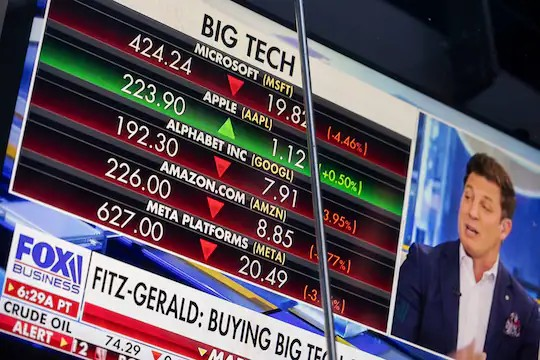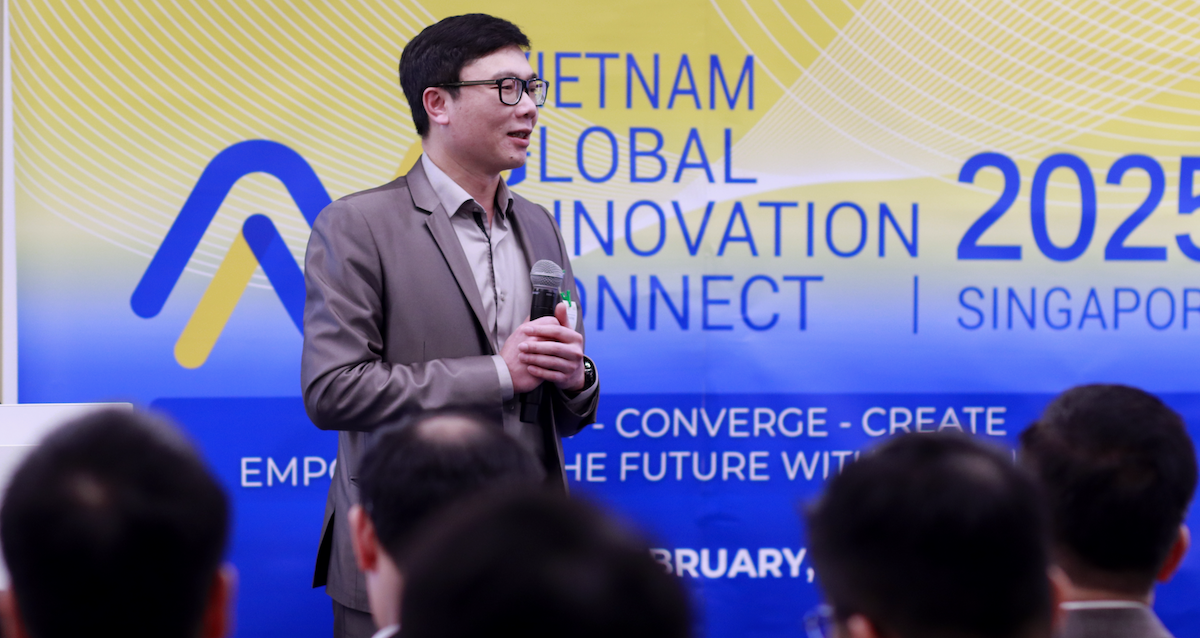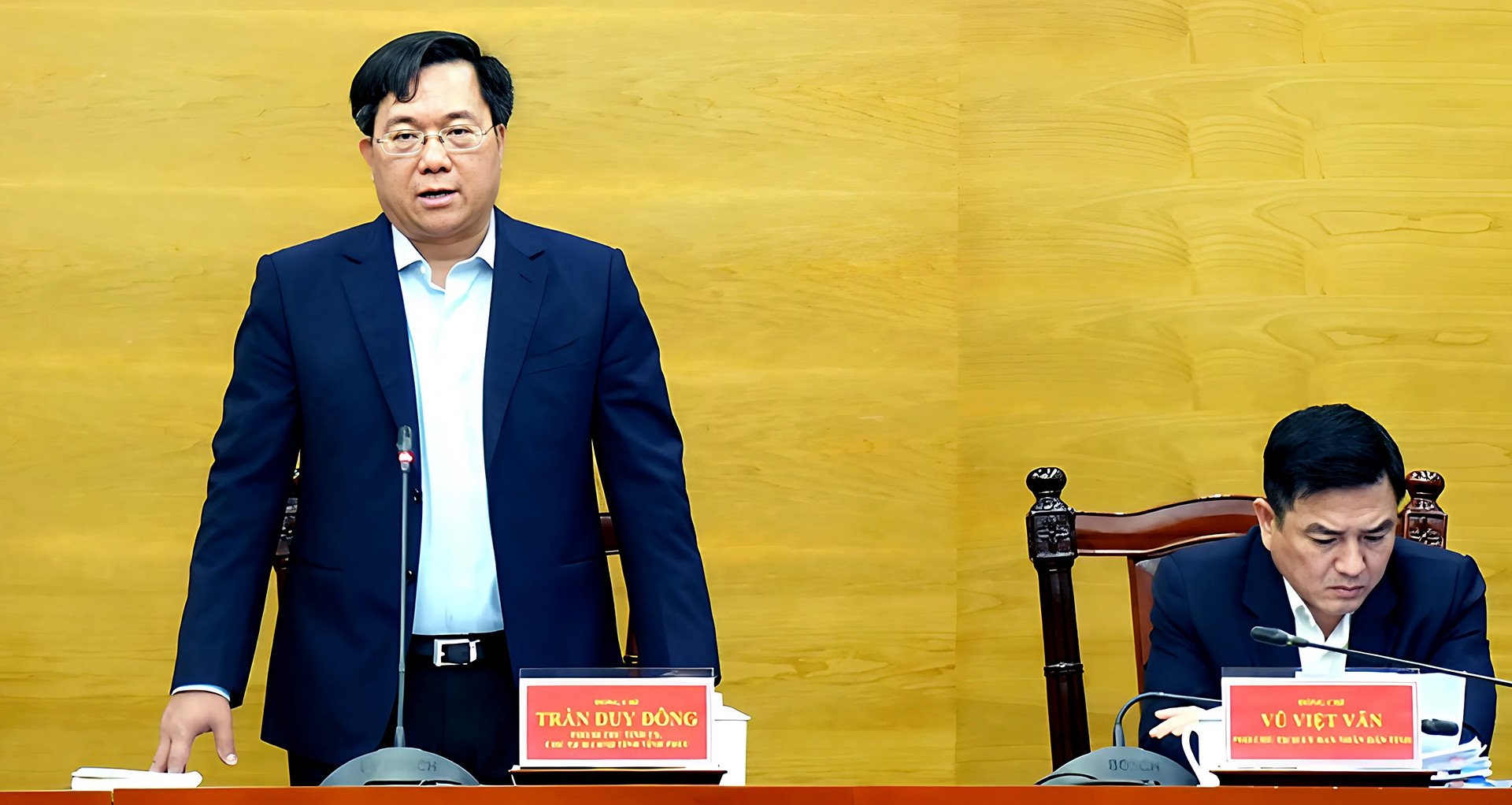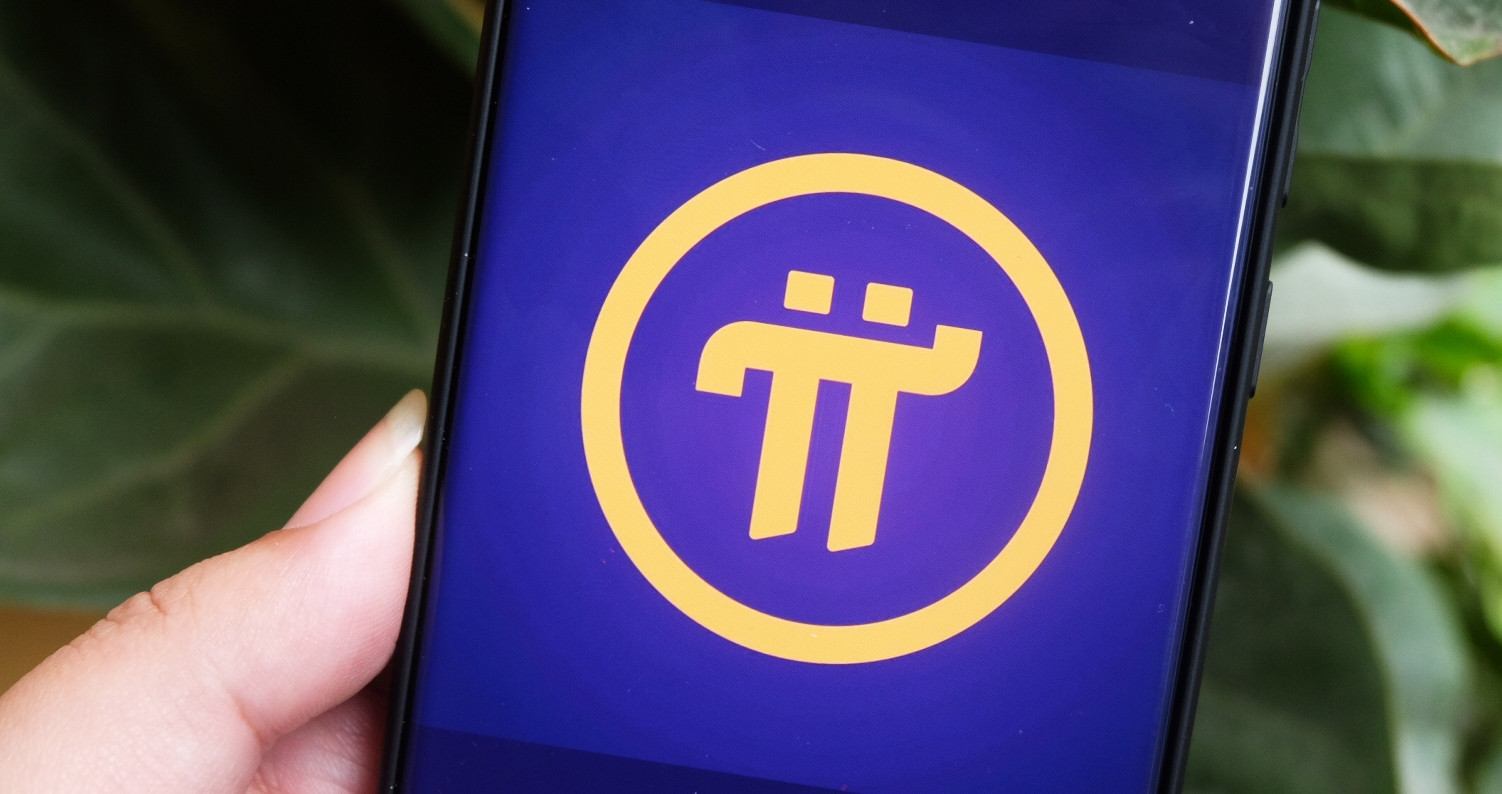The laid-off people sent out more than 140 job applications but were not accepted, the remaining people were worried about their fate... these are the financial and mental consequences that the wave of layoffs caused.
For decades, Daelynn Moyer has had no trouble landing job offers in the tech industry. She went from working as a computer maintenance technician to managing teams of software engineers.
Even though she dropped out of college, she believed that technology was a stable industry and that she could stay in it until retirement.
But Moyer, 55, is no longer so optimistic. Since she was laid off in 2024, she has sent out more than 140 applications without success. She and her partner are considering selling their home in Portland, Oregon, and buying land to farm.

For years, people like Moyer have flocked to Silicon Valley, lured by high salaries and benefits like free meals, laundry services, and health care.
The success of large platforms like Meta, Google, and Amazon has made the industry seemingly immune to the wave of cuts that are devastating other sectors.
Still, layoffs have become more frequent as the tech industry slashes hundreds of thousands of jobs in 2022 and 2023. Earlier this week, Meta cut about 5% of its 74,067 employees to eliminate low performers.
Some expressed shock at having their contracts terminated because they had always been rated as completing or performing well.
According to The Washington Post, at a company-wide meeting in late January, Meta CEO defended his decision, arguing that those who stayed needed better colleagues. That would make the company better.
“I will not apologize for that,” he declared.
A wave of layoffs could hit government workers as Elon Musk — who cut Twitter's workforce in 2022 — tries to apply the same cost-cutting strategy to the public sector.
According to Bloomberg , more than 10 US government IT employees have received contract termination letters from the Department of Government Efficiency (DOGE) run by Musk.
They provide IT services and other support to federal agencies. In 2024, when the Department of Education’s federal student aid portal overhaul became chaotic, USDS was the group that “quieted” the chaos.
Inside Silicon Valley, word is that the layoffs have severely damaged trust between employees and their bosses. Some are reassessing the time and effort they put into their jobs, while others are learning new skills—like how to work with AI—to stay competitive in a tough job market. They’re also keeping an eye on the finances of the companies they’re considering joining.

The “white collar” sector — which includes technology — has shed tens of thousands of jobs since January 2024, according to US Department of Labor data.
About 9,000 jobs were cut in January as rising interest rates made employers more reluctant to hire.
While mass layoffs at major tech companies have traditionally been rare, research shows that the decision to repeatedly fire employees can have lasting psychological and financial consequences for both employees and employers.
It undermines trust between workers and businesses, often leaving those who remain more disconnected, more likely to quit, and less innovative.
Additionally, people feel pressured to do something new, but risky, because they no longer feel safe, according to Sandra Sucher, Professor of Management Practice at Harvard Business School.
This is the “new reality” in the tech world. Jean experienced it when she landed her dream job at one of the world’s largest tech companies a few months ago.
Faced with two rounds of layoffs in just one year, Jean wondered how long she could stay. She has since expanded her network of contacts, hoping to come in handy in the event of a layoff.
Sean Johnson, a 15-year engineer, believes that companies giving out negative performance reviews and introducing stronger policies against remote work are a cover to fire workers.
As a remote worker in North Carolina, Johnson also admits that his job is quite risky, forcing him to find ways to be more flexible, including turning to AI and machine learning – two really hot technologies right now.
Eliot Lee, 52, a project manager at a software company, said that after being unemployed several times, he changed the way he looked for jobs. Recruiters told him that each position usually received thousands of applications, so he stayed up late to be the first to apply.
When considering a new opportunity, he spends extra time reading employer reviews, talking to current and former employees about their experiences, and looking at the company's financials.
“I don't trust bosses anymore. I used to think, 'Oh, this is my house, my professional house.' But now, I don't think that anymore.”
(According to Bloomberg, The Washington Post)
Source: https://vietnamnet.vn/he-luy-tu-lan-song-sa-thai-can-quet-lang-cong-nghe-2372239.html



























Comment (0)